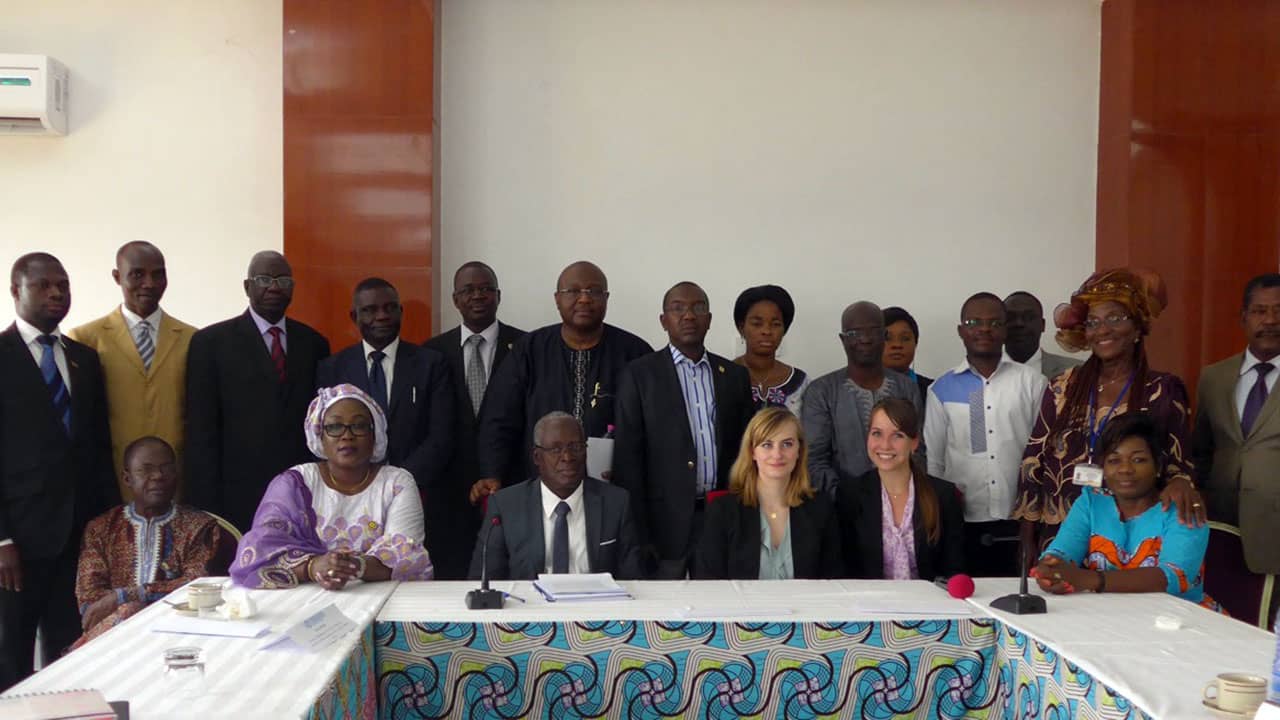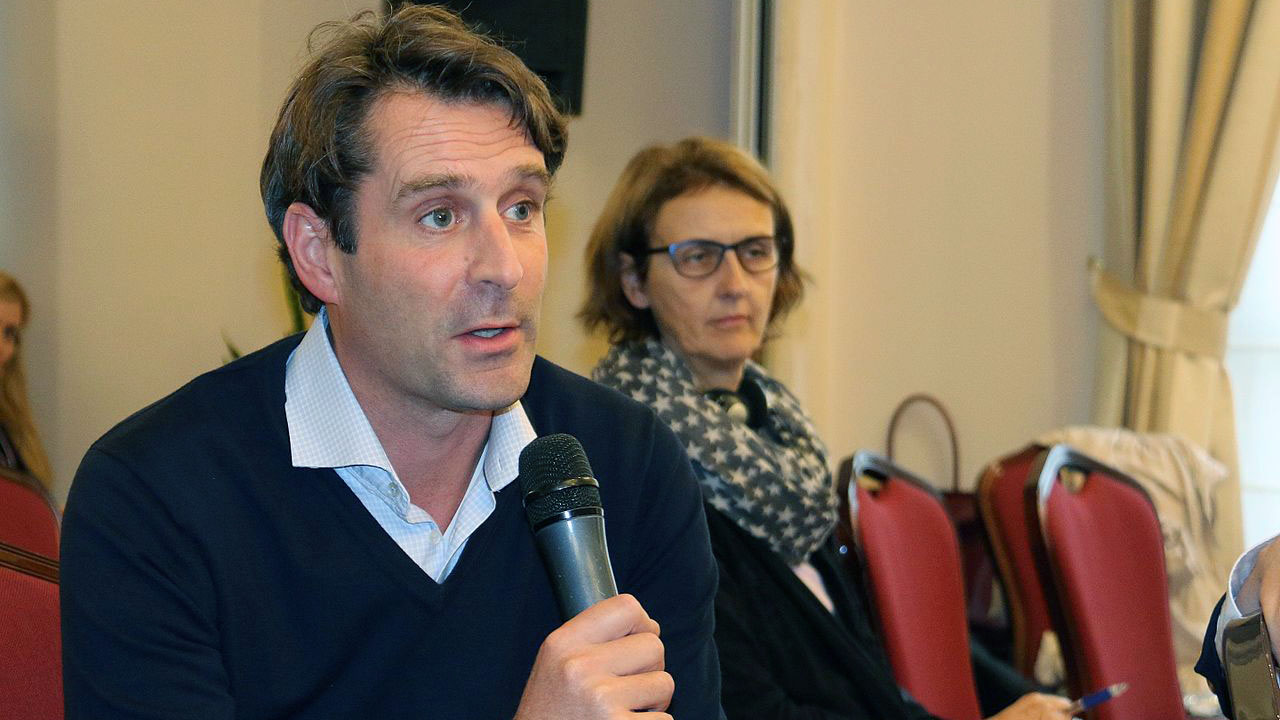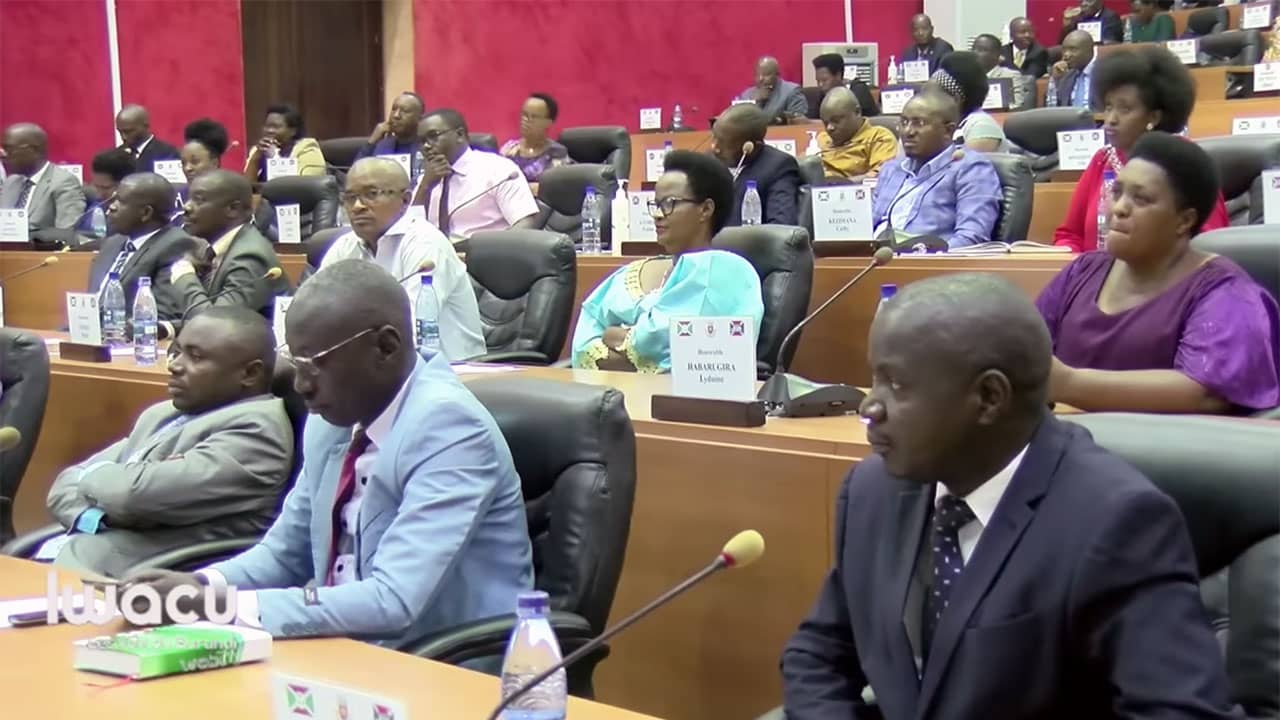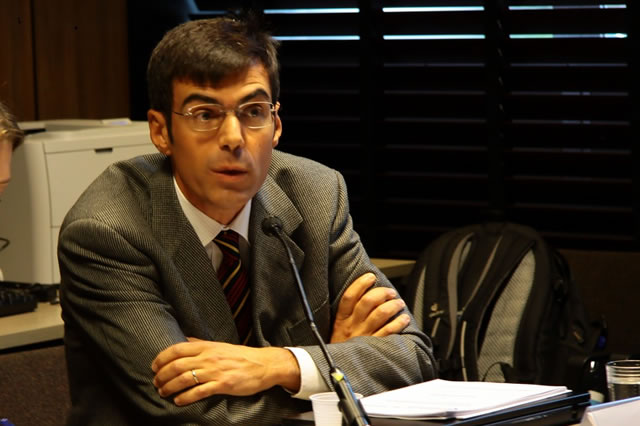Rome Statute
Burundi deposited its instrument of ratification to the Rome Statute on 21 September 2004. However, Burundi has withdrawn from the Rome Statute. The withdrawal took effect on 27 October 2017.
Kampala Amendments of 2010
Burundi did not ratify the Kampala Amendments on the Crime of Aggression. Burundi attended the Review Conference and joined the consensus to adopt the two Kampala Amendments.
According to the information available, there is concrete progress towards the ratification by Burundi of the amendments on the crime of aggression.
status on the domestic implementation of the rome statute
Rome Statute crimes’ partial legislation passed in 2003 with the support of PGA multi-party leadership. On 22 April 2009, the Burundian Parliament adopted a revised version of the penal code, which fully incorporates war crimes, crimes against humanity and genocide. However, the Rome Statute is still not fully implemented in particular regarding cooperation with the ICC.
Agreement on Privileges and Immunities of the Court (APIC)
Burundi did not sign the APIC.
Additional Agreements
Burundi signed a Bilateral Immunity Agreement on 5 July 2003, which entered into force on 24 July 2003, with the United States, regarding the surrender of persons to the ICC. However, this agreement has never been ratified by the Parliament of Burundi.
Progress and action
Thanks to the multi-party leadership and mobilisation of PGA Members, the new penal code is enacted in April 2009, which contains a comprehensive definitions of genocide, war crimes, and crimes against humanity included in the Rome Statute (but also in Geneva Conventions of 1949, and the Convention against Genocide). The pro-active initiative of PGA members led to the inclusion of article 197, point 2aa, which defines the recruitment of children under 18 years of age as a war crime, going thus beyond the the Rome Statute which only considers the recruitment of children under the age of 15 as a war crime.
However, legislation on cooperation is still lacking and PGA continues working on this crucial issue, with its PGA Members who are currently very active working to create political will in preparation of legislation on cooperation. The PGA secretariat provided technical assistance to Hon. Fidèle Mbunde, former PGA Member and Chair of the LegalAffairs and Legislation Committee of the Burundian Parliament, and with other current PGA Members in the Burundian parliament.
Additional information
As a member of the African, Caribbean and Pacific community (ACP), and as signatory of the revised Cotonou Agreement with of the ACP and European Union, Burundi has recognized the importance of the ICC as a mechanism for peace and international justice, and has committed to promote the ratification and implementation of the Rome Statute, to seek to take steps towards the ratification and the implementation of the Rome Some Statute, and to fight against international crime giving due regard to the Rome Statute. For more information on the work of PGA within the ACP-EU mechanism. See PGA work through the ACP-EU Joint Parliamentary Assembly.
Human Rights Council Universal Periodic Review:
In the second cycle of the UPR in January 2013, Burundi accepted two recommendations from Tunisia and Costa Rica to fully implement the Rome Statute into its domestic legislation, in particular regarding cooperation. Burundi’s next UPR is scheduled in October 2017.








